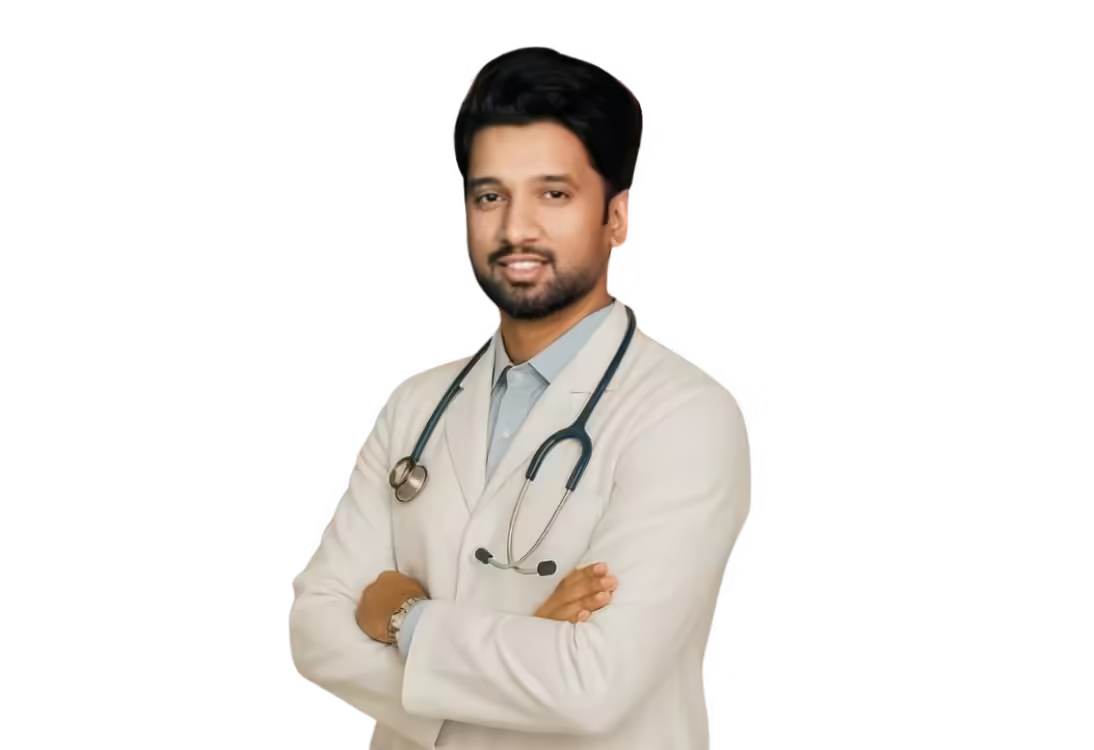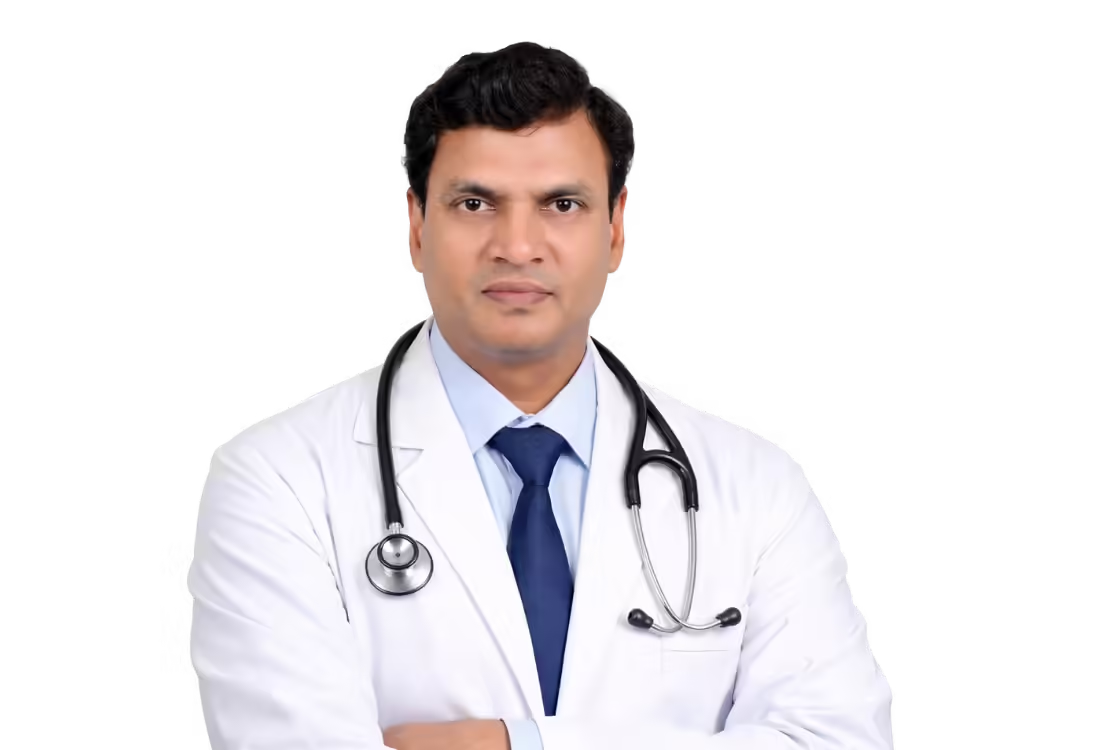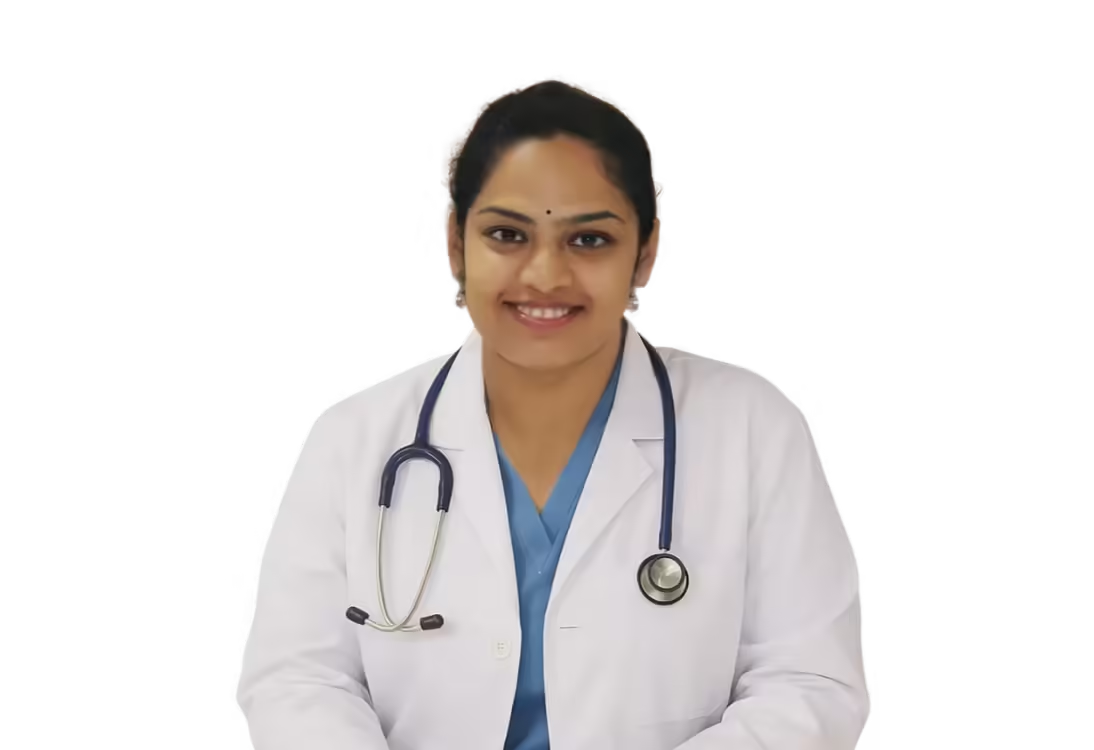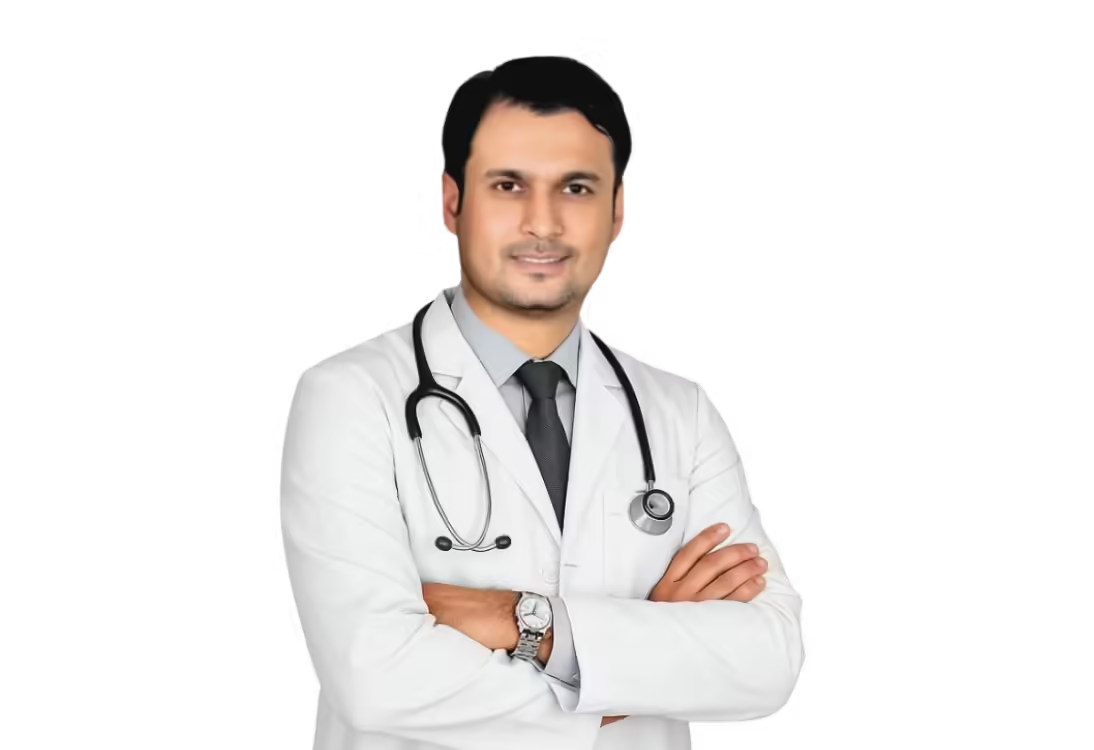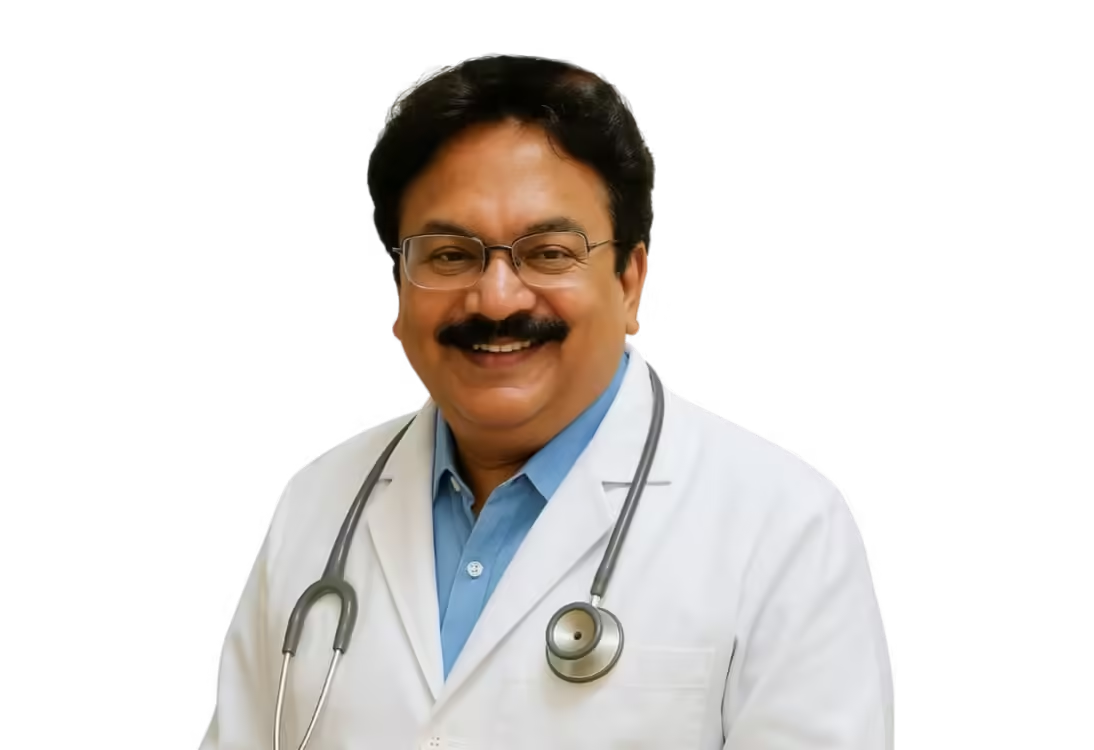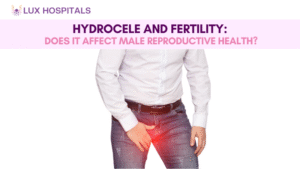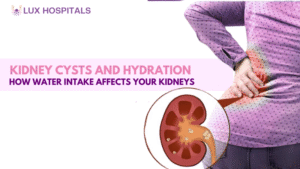What to Expect During Varicocele Treatment: Procedure and Recovery
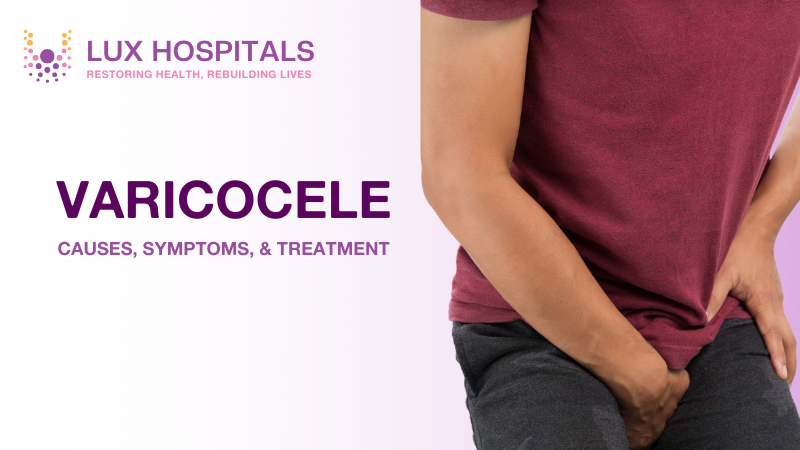
Varicocele is a condition that affects many men, though it often goes unnoticed until it leads to discomfort or fertility issues. It involves scrotal vein enlargement, which is comparable to varicose veins in the legs. Understanding varicocele, its causes, symptoms, and treatment options is crucial for men who are dealing with this condition.
What is Varicocele?
Varicocele is the result of swollen scrotal veins because of faulty valves that a llow blood to flow backwards, leading to pooling in the veins. This can result in discomfort or pain in the scrotum and may affect fertility. Some men may not have any symptoms at all. In contrast, others may feel a dull ache or a heaviness in the abdomen, particularly after standing for a long period or doing vigorous exercise. Treatment is crucial because infertility can result from varicocele in more severe cases.
The exact cause of varicocele is not always clear. Still, it can be related to an increase in pressure in the veins, hormonal imbalances (especially hormonal varicocele), or a genetic predisposition. Recognizing the symptoms early is important to prevent complications later on.
Symptoms of Varicocele
Varicocele may present with the following symptoms:
- Dull ache or heaviness in the scrotum, especially after some physical activity
- Swelling in the scrotum, which is often described as a “bag of worms.”
- Fertility problems or poor-quality sperm
- Not everyone with varicocele will present with all these symptoms, but if you experience any of them, you should see a doctor.
Treatment for Varicocele
There are a number of therapy options available to aid with varicocele symptoms and fertility. Your symptoms and the severity of your illness will impact how you are treated.
1. Non-Surgical Treatments
For mild cases of varicocele, non-surgical therapy could be adequate. These include:
- Pain relief: Ibuprofen and other over-the-counter drugs can help ease discomfort.
- Supportive underwear: A jockstrap or form-fitting underwear can ease discomfort and support the scrotum.
- Lifestyle changes: Avoiding activities that increase the symptoms, like heavy lifting, will reduce strain on the affected veins.
2. Surgical Treatment: Varicocelectomy
If your symptoms are more serious or you are having fertility issues, you may need surgery. The most common treatment for varicocele is varicocelectomy. During this surgery, the affected veins are removed or repaired to bring back a normal flow of blood. There are a few ways this surgery can be performed:
- Open surgery: The surgeon uses an entry point on the groin through a small incision to access and repair the enlarged veins.
- Laparoscopic surgery: A surgical procedure in which minimal bodily cuts are created and a camera guides the path.
- Percutaneous embolization: It is a non-surgical operation where a catheter is inserted to the veins, and the space is occluded with a substance to prevent blood flow.
The procedure to be followed depends on the specifics of your case and the recommendations of your surgeon.
3. Hormonal Varicocele Treatment
In cases where hormonal imbalances are causing varicocele, The hormonal problem might be addressed to manage the condition. Hormone replacement therapy balances hormones and improves blood flow in the veins.
What Happens During the Varicocele Treatment Procedure?
If you’re undergoing surgery for varicocele, here’s what you can expect during the procedure:
- Before the procedure: Your physician may examine you physically and may prescribe imaging tests, such as an ultrasound, to determine the varicocele’s size and location. If necessary, blood tests may also be done to check for hormonal imbalances. You’ll be given instructions to avoid eating or drinking before surgery if anesthesia is required.
- During the procedure: The procedure will be performed under general anaesthesia (for open surgery or laparoscopy) or local anaesthesia (for embolization). For open or laparoscopic surgery, the surgeon will make a tiny incision in the groin or abdomen, remove or tie off the affected veins, and restore normal blood flow. In percutaneous embolization, the surgeon will use a catheter to block the veins with coils or other materials.
- After the procedure: You may experience some mild discomfort or swelling, which is common after surgery. Pain medications will be prescribed, and you may be asked to wear supportive underwear for a few days to reduce swelling.
Recovery After Varicocele Treatment
Most people find the recovery process after varicocele treatment to be uncomplicated. The recovery time will differ depending on the type of surgery and overall health. The following is a general outline of what to expect during the recovery period:
- Recovery: After the procedure, you will spend some time being monitored in the recovery area. You can also go home on the same day and rest for some days, excluding heavy activities from your routine for a while.
- Pain management: Any discomfort can be managed with over-the-counter pain medications. If you had open surgery, your doctor may prescribe stronger medications to help with pain in the initial days after the procedure.
- Swelling and bruising: It’s common to experience swelling or bruising in the scrotum or groin, but this should subside within a few days to a couple of weeks.
- Activity restrictions: You are likely to have to avoid heavy lifting, vigorous exercise, and sexual activity for a few weeks. Gradually return to normal activities.
- Follow-up visits: Follow-up visits will be required to ensure healing and monitor for any signs of recurrence.
Long-Term Recovery and Outlook
While recovery time can vary, most men can see an improvement in symptoms within a few weeks. If varicocele was the cause of infertility, sperm quality should improve within the next few months. Patience is required since sperm production may take a while to recover to normal.
Potential Risks and Complications
Like any surgery, varicocele treatment carries some risks, including:
- Infection at the incision site
- Recurrence of varicocele
- Injury to surrounding blood vessels
- Rare cases of testicular atrophy
It is important to discuss any concerns you may have with your doctor prior to beginning therapy in order to comprehend the risks and benefits thoroughly.
Conclusion
Varicocele is a common, treatable illness that can affect a man’s fertility and create discomfort. Improving your quality of life requires getting treatment if you have varicocele or are suffering symptoms. With the right treatment plan—whether non-surgical or surgical you can reduce discomfort, improve fertility, and enhance your overall well-being.
If you happen to have some varicocele, be sure to approach the best professional care by consulting the practitioner about the condition. Do not hesitate to treat this condition now and receive proper relief toward improving your health.
Frequently Asked Questions
The main cause of varicocele is the malfunction of the valves in the veins of the scrotum, leading to poor blood flow and vein enlargement.
A tummy tuck and abdominoplasty refer to the same procedure, which is surgery to remove excess skin and fat from the abdomen and tighten muscles for a smoother, firmer appearance. “Tummy tuck” is just a more informal term for “abdominoplasty.”
Yes, varicocele can be treated and symptoms relieved through surgical procedures like varicocelectomy or non-surgical methods such as embolization. However, recurrence is possible in some cases.
Varicocele is usually not a serious health problem, but it can lead to discomfort, swelling, or fertility issues if left untreated. In severe cases, it may affect sperm quality and cause infertility.
At Lux Hospitals, we have expert urologists with extensive industry experience, ensuring you receive the best care and treatment for conditions like varicocele and other urological concerns.







